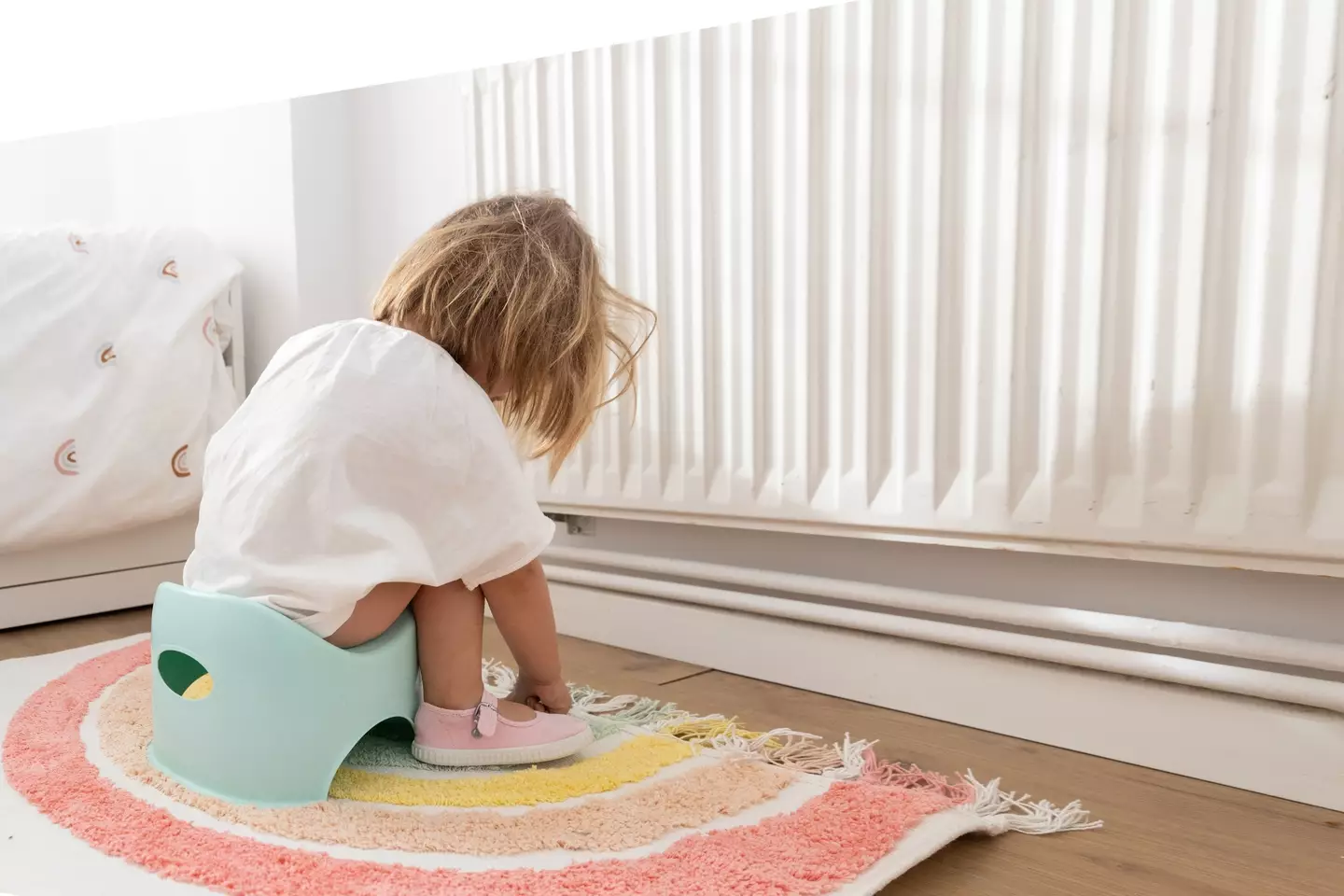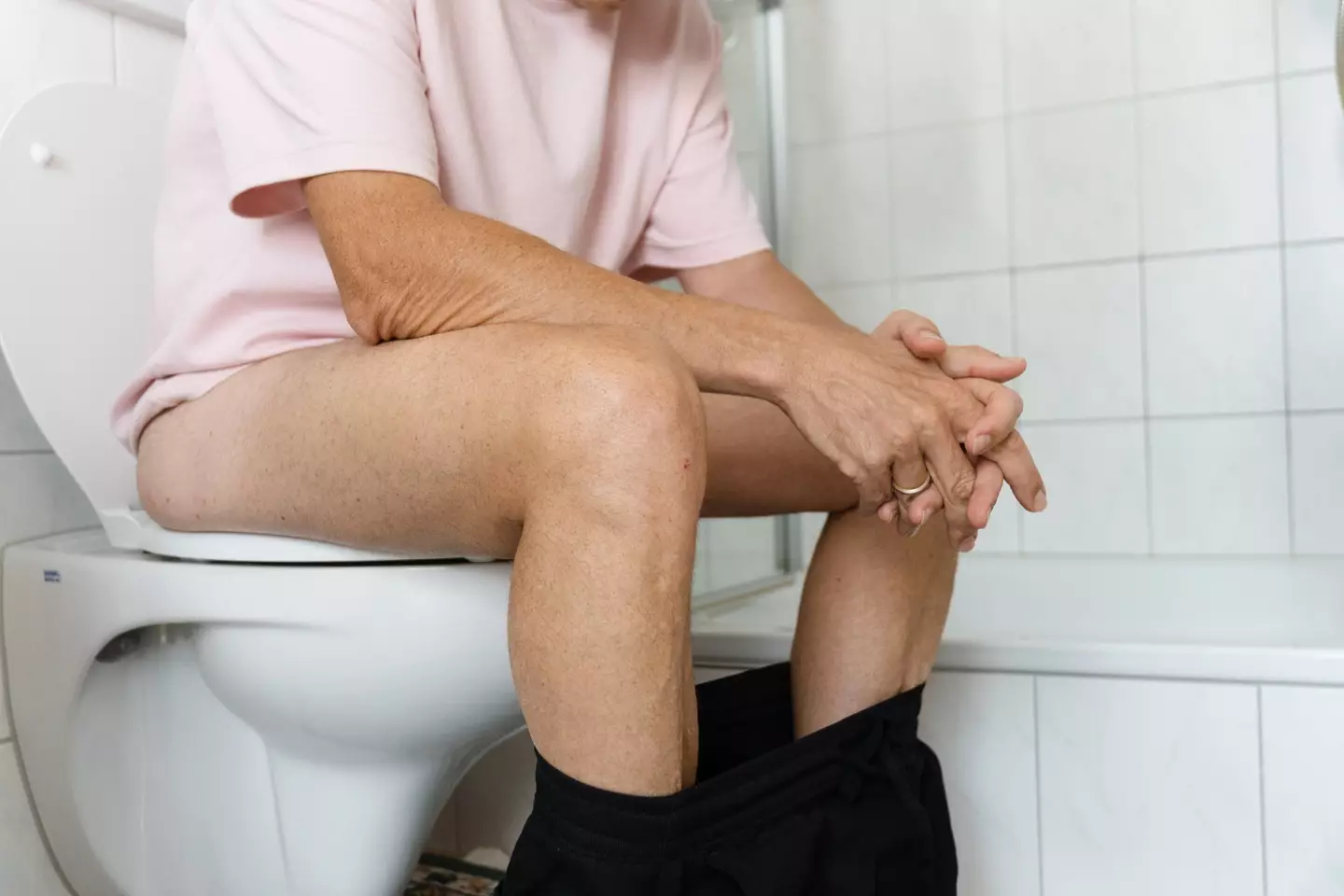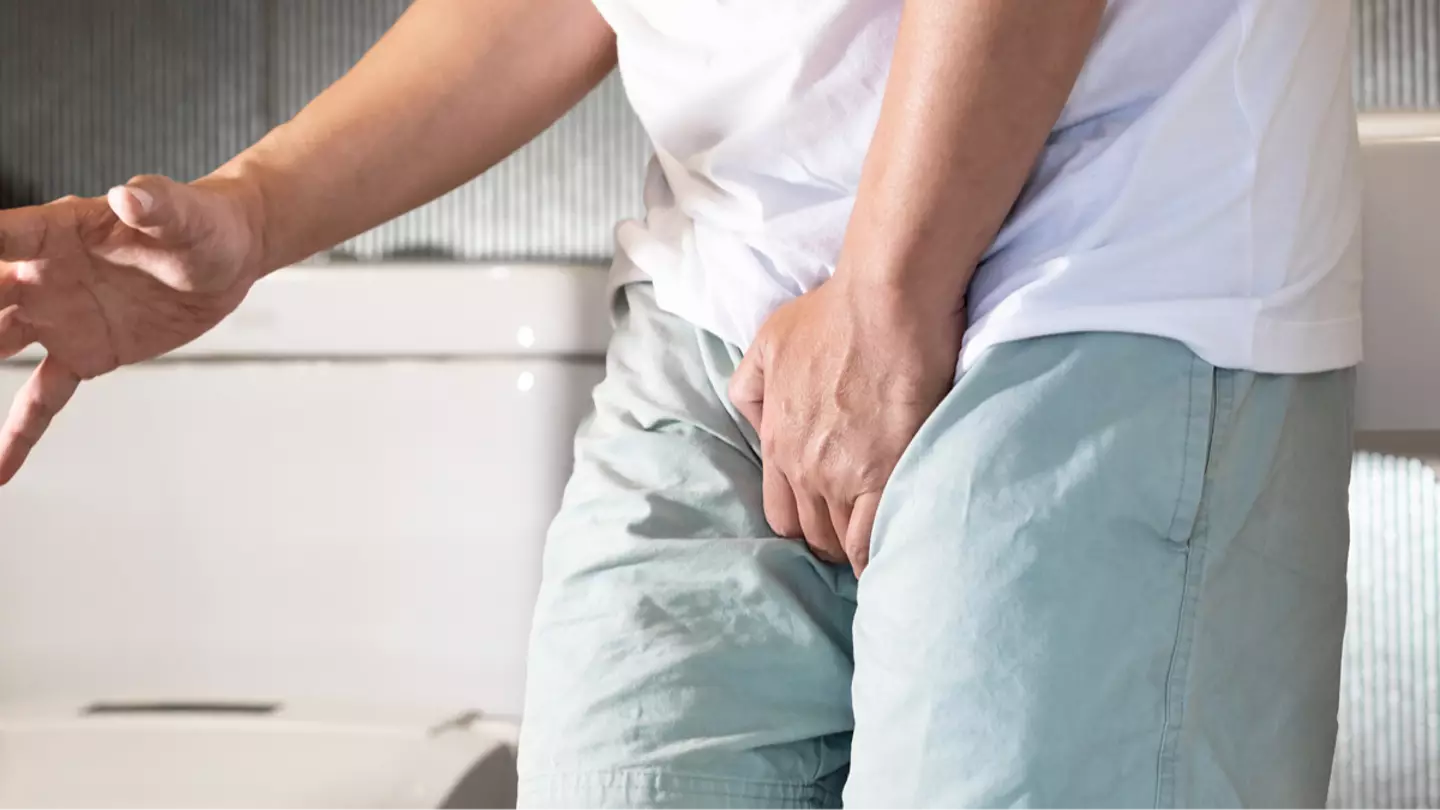Peeing has various colloquial terms — whether it’s having a wee, emptying the tank, or taking a wizz. While frequent urination throughout the day is typically normal, one might question what constitutes too much.
A consultant urologist has shared insights on how age significantly influences the number of times you should be visiting the restroom. Despite factors like tea, coffee, alcohol, and fizzy drinks increasing your need to go, aging stands out as the primary determinant of your bathroom frequency.
In a conversation with Metro, Hamid Abboudi, a consultant urologist at New Victoria Hospital, stated, “Across a patient’s life span, there are likely to be several changes to toilet habits.”

Abboudi outlines what a healthy urination frequency looks like at different life stages.
Children generally urinate more frequently. Abboudi noted: “Young children may urinate 8 to 14 times a day, which decreases to 6-12 times for older children.”
If a child urinates more than this range, it could be due to anxiety, constipation, caffeine intake, allergies, or a small bladder capacity.
Teenagers typically go between four and six times daily. During puberty, hormonal fluctuations might cause more frequent trips, but Abboudi assured that this usually normalizes over time. If not, frequent urination could signal an infection, diabetes, excessive caffeine intake, or, in rare cases, a more serious condition.
Adults under 60 generally use the bathroom between six and nine times a day. Abboudi noted it’s also common to get up once at night. He mentioned, “Women tend to urinate more frequently than men,” with one study showing women average 5.6 times per day compared to men at 4.8.
Pregnancy is an additional factor, as the baby can exert pressure on the uterus. Urinary tract infections also commonly lead to increased bathroom visits.

For those over 60, further changes are likely. Abboudi explained older adults might urinate up to ten times a day. Age-related kidney function decline, weakened bladder muscles, and medications like diuretics can all contribute to increased frequency.
Furthermore, the NHS highlights that nocturia — the need to get up at night to urinate — becomes more prevalent with age. Men might also experience increased frequency due to prostate enlargement putting pressure on the bladder.
While everyone’s situation is unique, there are warning signs to be aware of. Abboudi advises consulting a doctor if you observe blood in your urine, a sudden change in habits, or if you find yourself waking more than once at night. Smokers, in particular, should be vigilant about any pattern changes due to a higher bladder cancer risk.
Though there’s no precise number that applies to all, recognizing the typical frequency for your age can help you identify potential issues.

